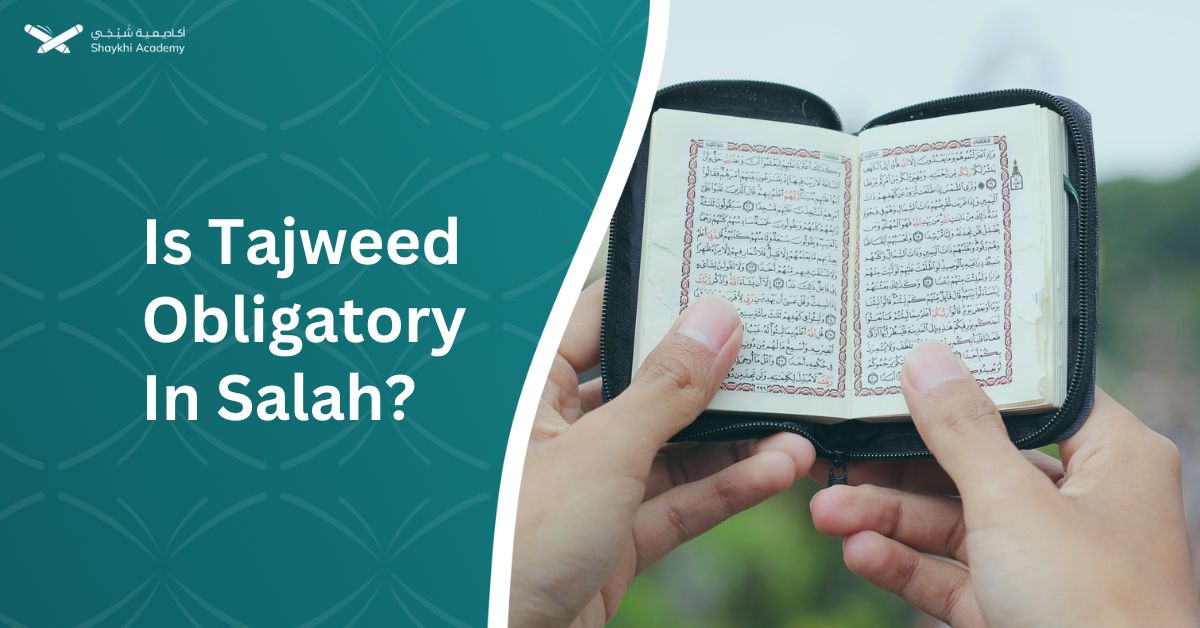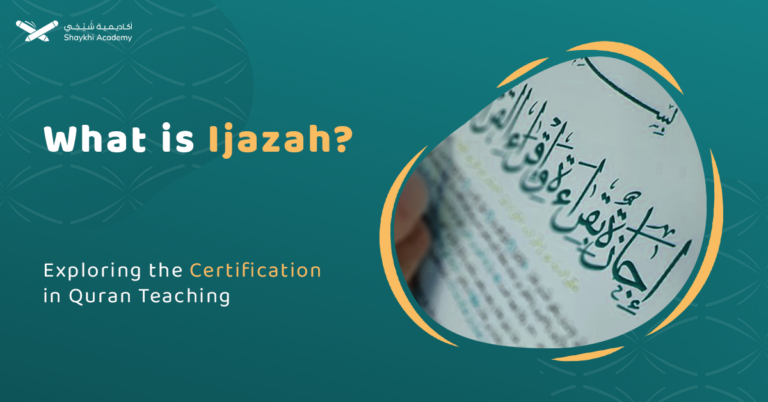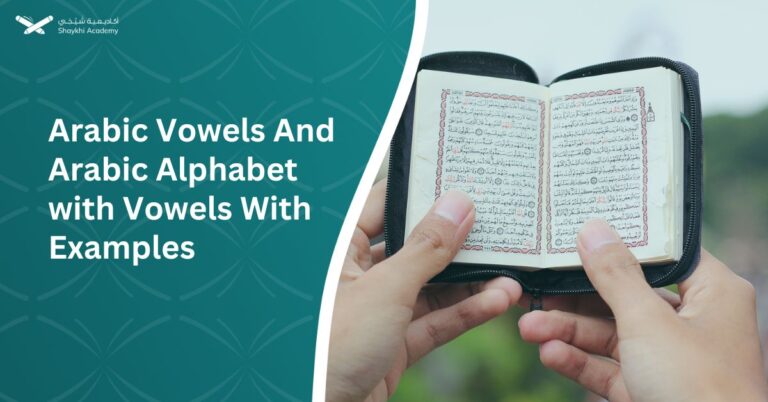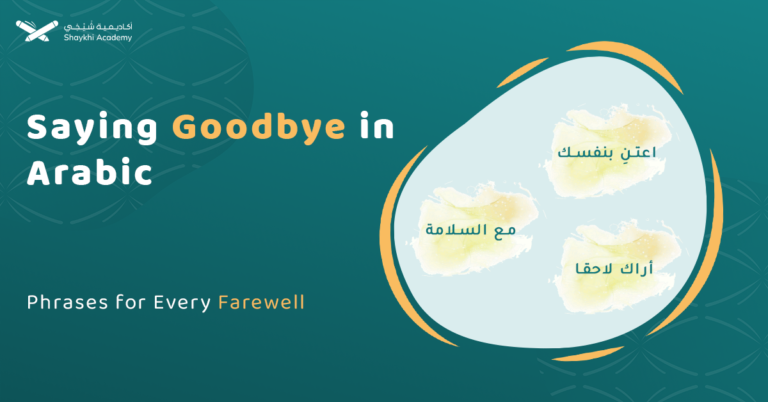The question of whether Tajweed is obligatory in Salah, the ritual prayer in Islam, has been a topic of discussion within the Islamic tradition. In the context of beautifying Quranic recitation, Tajweed is not deemed obligatory during prayer. However, when understood in its fundamental sense as the correct pronunciation of letters with no alteration, Tajweed holds an obligatory status in both prayer and outside prayer.
The emphasis lies in ensuring clarity in the recitation by adhering to the proper pronunciation of Arabic letters and observing the designated vowels. In this essential form, Tajweed is integral to fulfilling the obligation of reciting the Quran accurately during Salah and other occasions, underscoring its significance in upholding the sanctity of the divine text. This article aims to explore the diverse perspectives surrounding this issue.
Is Tajweed Obligatory In Salah?
Tajweed in the sense of beautifying the Quran recitation is not obligatory in salah. Still, tajweed in its basic meaning of the correct pronunciation of letters with no alteration or deletion is obligatory in salah and outside salah as well.
To illustrate, the emphasis is placed on the clear pronunciation of letters and accurate placement of vowels. As long as a person recites the Quran with clarity and observes the designated vowels, their recitation is deemed sufficient for the Salah.
A critical examination of the Quranic verse (al-Muzzammil 73:4) provides insights into the nature of recitation during Salah. Contrary to common misconceptions, the verse, which urges believers to “recite the Quran aloud in a slow, pleasant tone and style,” does not specifically refer to Tajweed. Scholars argue that the essence of the verse lies in reading the Quran at a measured pace, ensuring reflection and comprehension, rather than a mere strict adherence to the rules of Tajweed.
Thus, while mastery of Tajweed enhances the aesthetic value of Quranic recitation, it is not deemed obligatory for the validity of the prayer.
Is Learning Tajweed Fard “Obligatory” For Prayer?
Yes, learning Tajweed is considered Fard “obligatory” in Islam, but the nature of this obligation varies based on the extent of the study. Following are some details:
When Learning Tajweed Is Considered Fard Ayn?
The basic requirement of correct pronunciation, encompassed by Tajweed, is categorized as Fard Ayn (individual obligatory) for every Muslim who is capable of meeting this fundamental requirement. This obligation ensures that each individual is able to recite the Quran with accuracy. Still, if the Muslim acquires the correct recitation orally, it’s not obligatory for him to learn the rules.
When Learning Tajweed Is Considered Fard Kifayah?
However, learning Tajweed is Fard Kifayah (communal obligatory) when Tajweed is viewed as a comprehensive Quranic science, encompassing diverse studies leading to ideal pronunciation, beautifying the recitation, and the ability to teach others.
In this broader sense of Tajweed aspects, the obligation becomes communal, meaning that as long as a sufficient number of individuals within the community possess this knowledge, the communal obligation is fulfilled. It highlights the importance of a certain number of individuals mastering Tajweed to preserve and pass on this essential knowledge within the Muslim community.
Overall, learning Tajweed, in its two states, holds a significant status in keeping a good relation with the Quran in prayer.
What Are the Benefits of Tajweed in Salah?
Considering Tajweed in your recitation in Salah has many benefits that help you to maximize your reward and the effect of the prayer on the level of individual and community as well.
1. Tajweed in Salah Upholds the Tradition of Prophet Muhammad (PBUH):
Learning and applying Tajweed in Salah aligns with the Sunnah of Prophet Muhammad (PBUH). He recited the Quran with Tajweed during prayers and in various other instances. The Prophet (PBUH) himself encouraged the beautification of Quranic recitation, Saying: “Beautify the Qur’ān with your voices, for the beautiful voice increases the beauty of the Quran.” (Sahih ad-Dārimī)
2. Tajweed in Salah Preserves the Authenticity of Quranic Pronunciation:
Tajweed ensures that the correct pronunciation of the Quranic verses is maintained, mirroring the way the Quran was revealed to Prophet Muhammad (PBUH). This commitment to preserving the original tongue of the Quran contributes to the authenticity of the recitation during Salah.
3. Tajweed in Salah Safeguards Muslim Generations from Deviation:
Tajweed plays a crucial role in safeguarding future Muslim generations from deviation in their relationship with the Quran. By adhering to the proper pronunciation, Tajweed helps maintain the accuracy and integrity of the Quranic text, ensuring that subsequent generations receive the teachings in their original form. This happens in salah by listening to the oral recitation of the Quran with tajweed in different occasions, such as Fajr, Maghrib and Eishaa daily prayers, Taraweeh prayer in Ramadan and Eid prayers as well.
4. Tajweed in Salah Enhances Spiritual Serenity:
Incorporating Tajweed into Salah enhances the spiritual experience by encouraging the heart to reflect on the recitation. The precision and beauty of Tajweed contribute to a higher level of serenity, allowing individuals to immerse themselves in the spiritual essence of their prayers. This mindful recitation fosters a deeper connection with the divine words.
Start Your Journey Of Learning Tajweed At Shaykhi Academy
In conclusion, embark on a transformative journey of learning Tajweed with Shaykhi Academy, where the beauty of Quranic recitation comes to life. Our comprehensive curriculum not only covers the essential aspects of correct pronunciation but also delves into the intricate nuances of Tajweed as a profound Quranic science. By enrolling at Shaykhi Academy, you contribute to preserving the authenticity of Quranic pronunciation for generations to come. Let us guide you in unlocking the serenity and beauty within your Salah through the art of Tajweed.
Start your learning journey today at Shaykhi Academy, where the eloquence of Quranic recitation awaits your discovery. Shaykhi Academy’s online tajweed course helps you make your dream of fluently reciting the Quran come true. Start your free trial now!

Conclusion
In conclusion, considering Tajweed in Salah brings forth numerous benefits, including aligning with the tradition of Prophet Muhammad (PBUH), preserving the authenticity of Quranic pronunciation, safeguarding future generations, and enhancing the overall spiritual serenity of the prayer experience.

















































